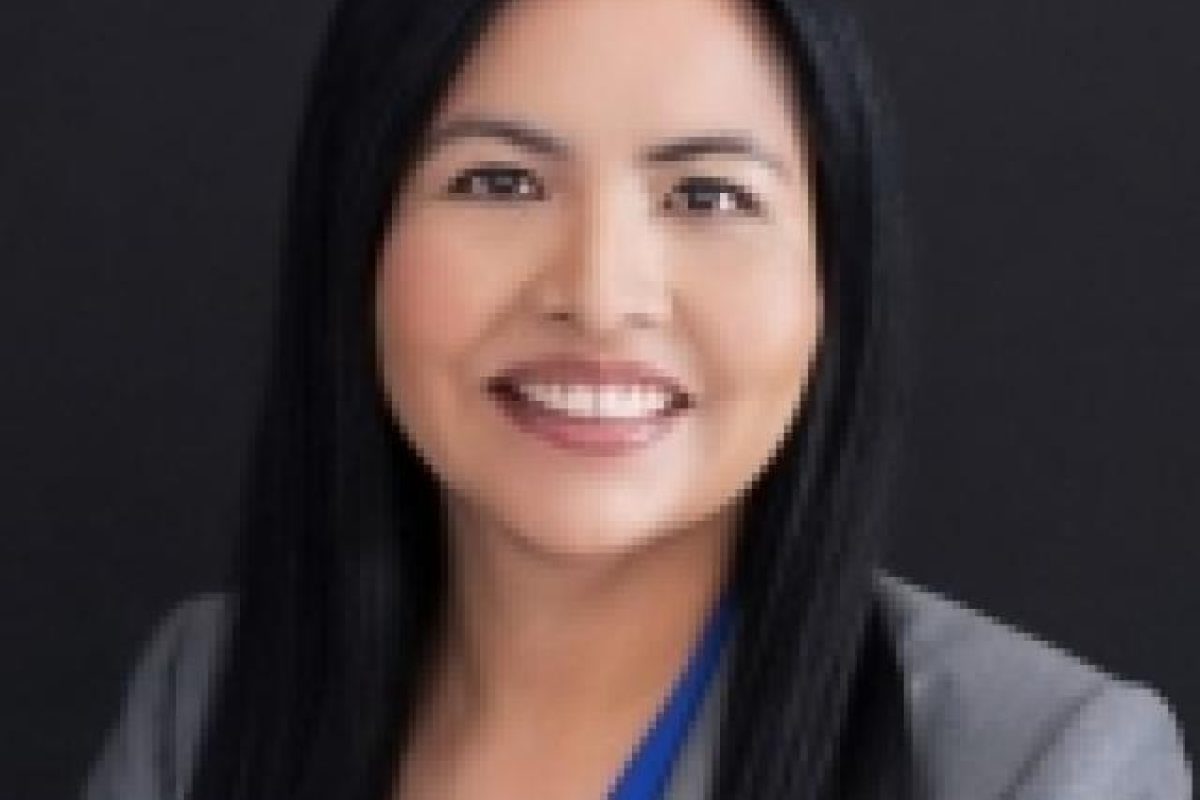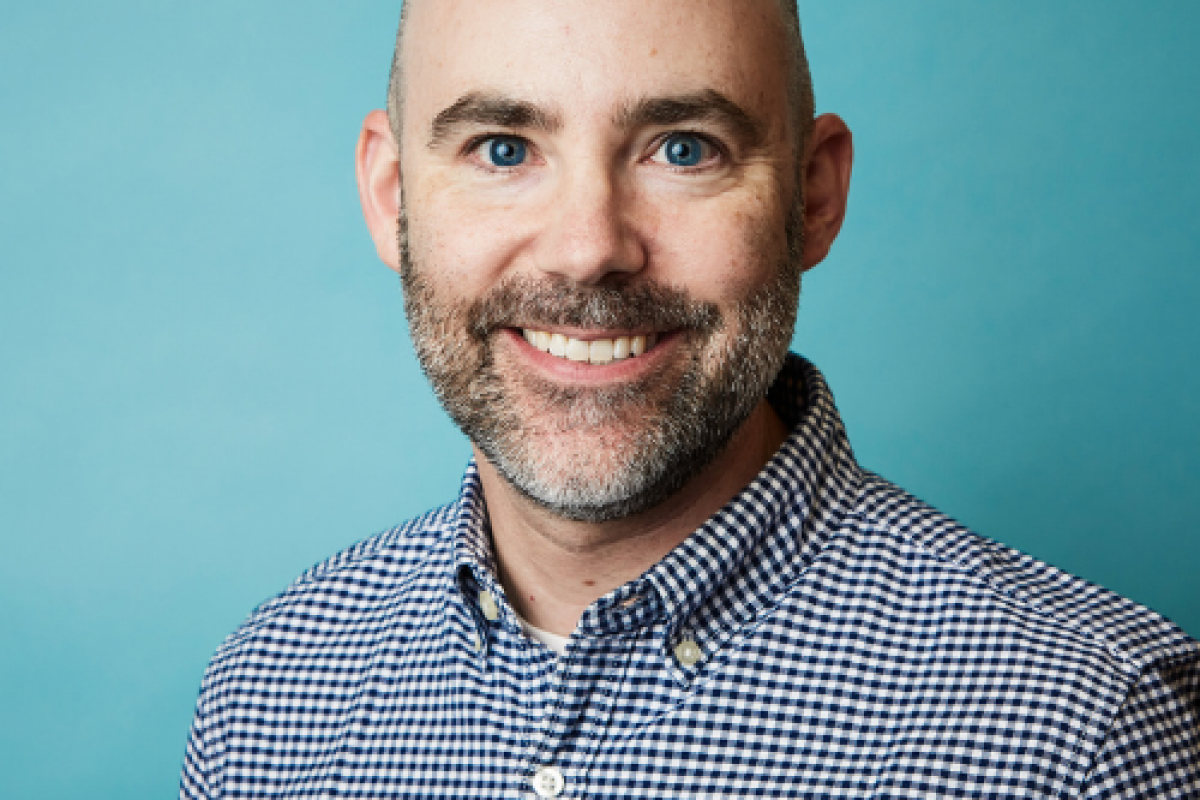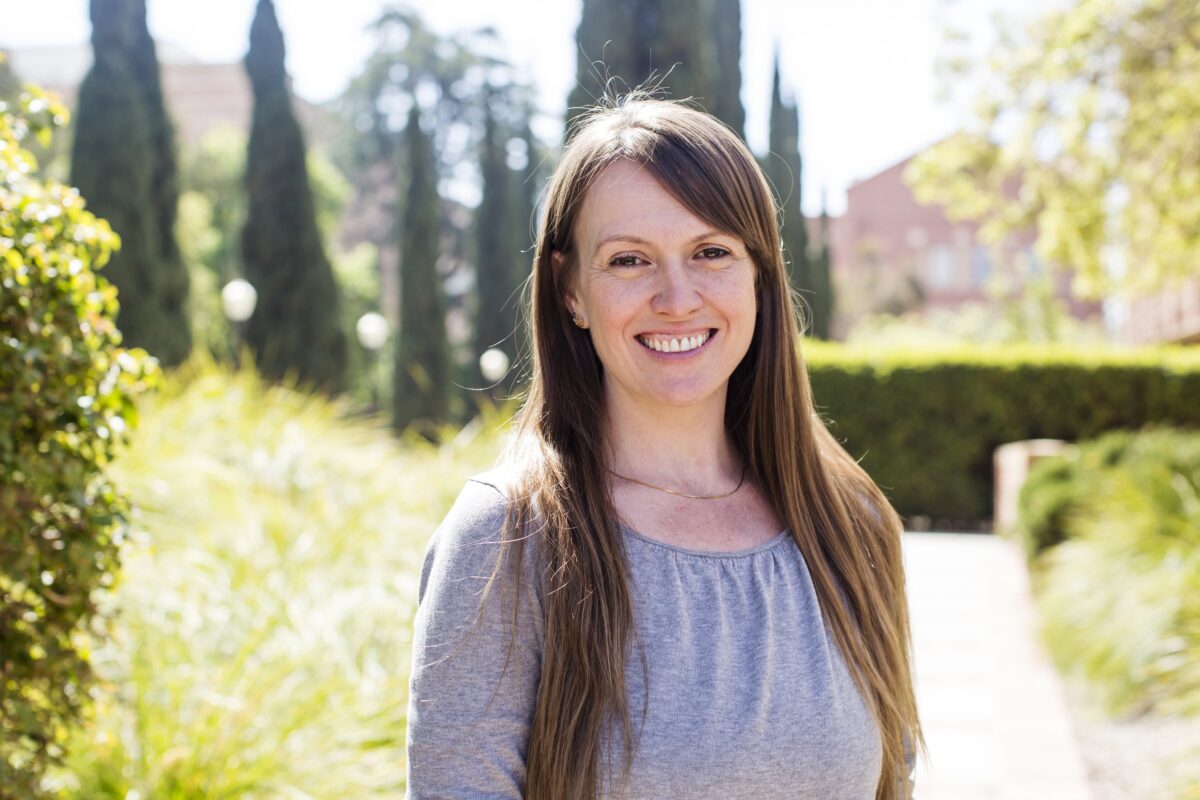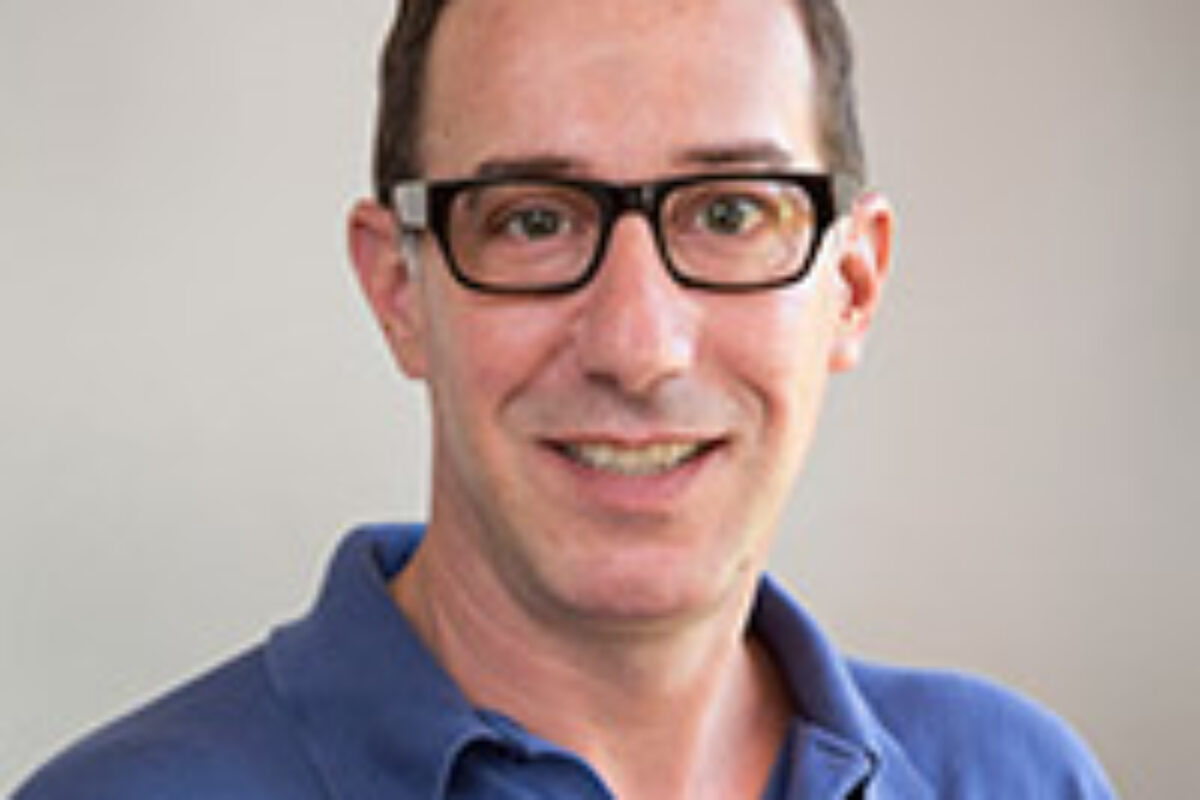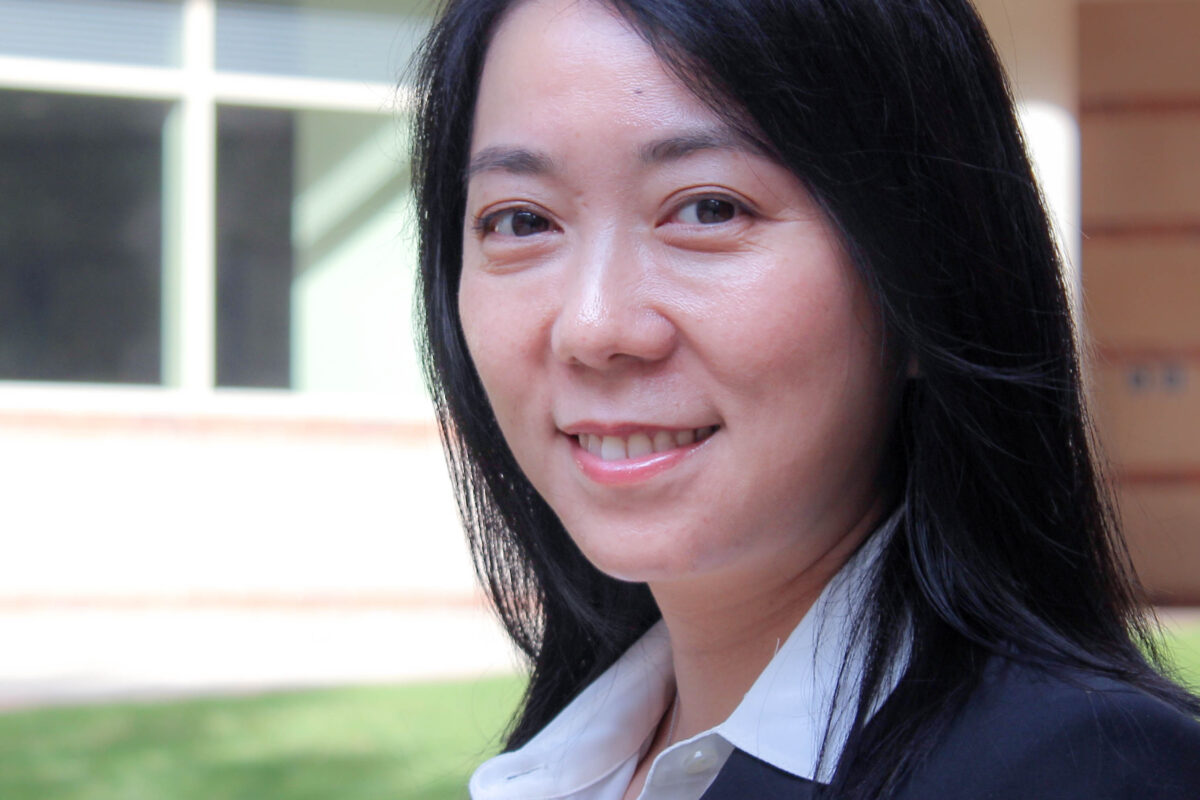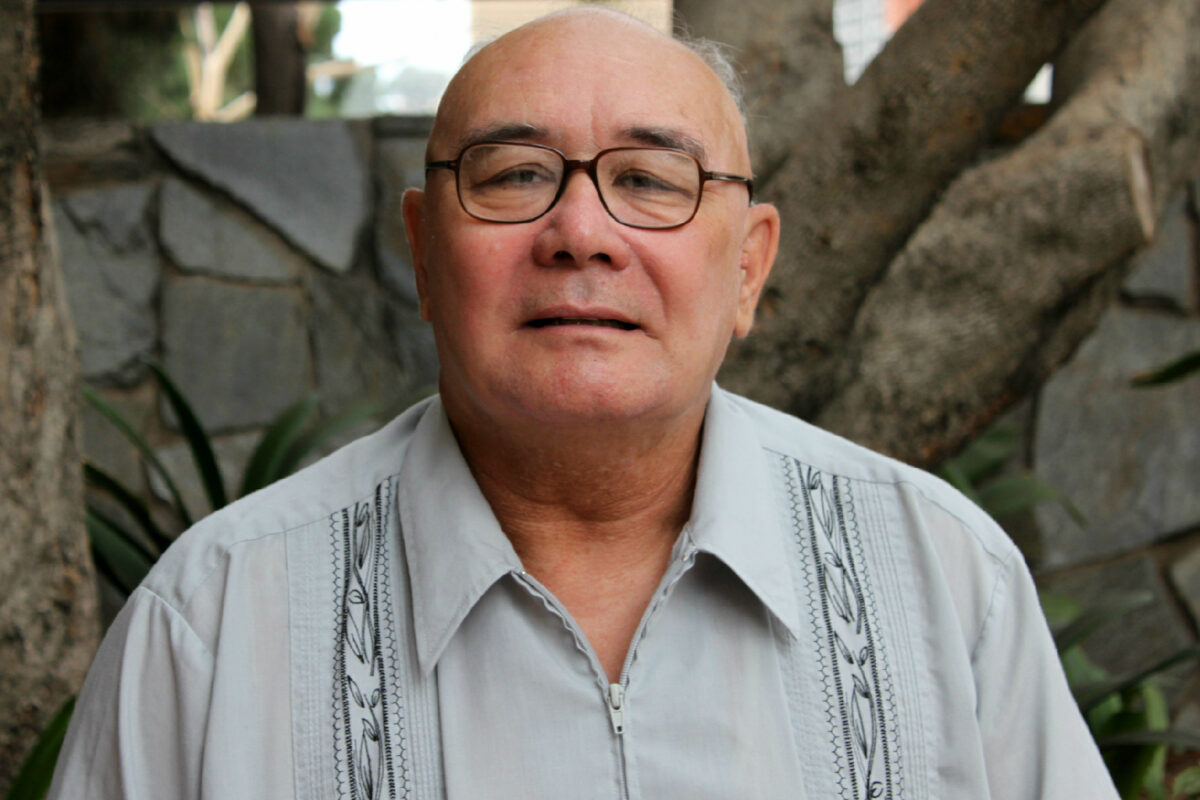Christine Samuel-Nakamura worked for multiple years in several Indian Health Service (IHS) and tribal hospitals/clinics as a nationally board certified Family Nurse Practitioner (FNP). A portion of her clinical work focused on chronic health conditions such as diabetes, renal failure, autoimmune disorders, and cancer. Her clinical work with these chronic health conditions led her to contemplate whether there is a connection between these chronic conditions and the community environment. These hypotheses ultimately led to her research question and work examining environmental contamination from U and other heavy metals. Dr. Samuel-Nakamura received her doctorate from UCLA and her dissertation study focused on U and associated heavy metals in the food chain on the Diné (Navajo) reservation. Her postdoctoral work examined U and heavy metals in a common AI herbal tea plant. Before joining the UCLA SON, Dr. Samuel-Nakamura was a Lecturer in the UCLA Interdepartmental Program in American Indian Studies (IDP-AIS). She is a member of the Diné Nation.
Kevin Riley is the Director at LOSH. With over a decade of experience conducting worker- and community-engaged research and worker training initiatives, he leads LOSH efforts to investigate job hazards among workers in various industries and sectors, with the goal of informing public policy and improving workplace health and safety programs. His work has examined the injury experiences of workers in the low-wage labor market, community-level associations between heat-related hospitalizations and outdoor work, and workers’ compensation eligibility and access among residential day laborers and domestic workers. His interests also include the history of occupational safety and health policies and activism.
Kevin serves as principal investigator for the Western Region Universities Consortium (WRUC), a partnership of four university-based hazardous materials (HAZMAT) training programs funded by the National Institute of Environmental Health Sciences (NIEHS) Worker Training Program. In this role, he has led training initiatives on infectious disease hazards for healthcare workers in California as well as several projects to evaluate the impacts of HAZMAT training on workers and managers.
He holds a PhD in sociology and a master’s in public health, both from UCLA.
Additional Publications:
Kevin Riley, Jennifer Nazareno, and Sterling Malish. 24-Hour Care: Work and Sleep Conditions among Migrant Filipino Live-in Caregivers in Los Angeles. American Journal of Industrial Medicine, 59(12), 1120-1129, 2016.
Kevin Riley and Doug Morier. Patterns of Work-Related Injury and Common Injury Experiences of Workers in the Low-Wage Labor Market. Report to the Commission on Health and Safety and Workers’ Compensation, California Department of Industrial Relations. Los Angeles: UCLA Labor Occupational Safety and Health Program. 2015.
Kevin Riley, Carol Rice, Mitchel Rosen, Craig Slatin, Linda Alerding, Jane Fleishman, B. Louise Weidner, and Linda Delp. Managers’ Perceptions of the Value and Impact of HAZWOPER Worker Health and Safety Training. American Journal of Industrial Medicine, 58(7): 780-787, 2015.
Linda Delp and Kevin Riley. Worker engagement in the health and safety regulatory arena under changing models of worker representation. Labor Studies Journal, 40(1): 54-83, 2015.
Kevin Riley. Driving on speed: Long-haul truck drivers and amphetamines in the postwar period. Labor: Studies in Working-Class History of the Americas, 11(4): 63-90, 2014.
Linda Delp, Kevin Riley, Sarah Jacobs, Diane Bush, Kathy Kirkland, Ingrid Denis, Matt London, and Robert Harrison. Shaping the future: Ten years of the Occupational Health Internship Program. New Solutions, 23(2) 253-281, 2013.
Kevin Riley. Health and safety. Entry for SAGE Sociology of Work Encyclopedia, Vicki Smith and J. Geoffrey Golson (eds.), 2013.
Kevin Riley, Linda Delp, Deogracia Cornelio, and Sarah Jacobs. From agricultural fields to urban asphalt: The role of worker education to promote California’s Heat Illness Prevention Standard. New Solutions, 22(3) 297-323, 2012.
Paul Landsbergis, Joseph Grzywacz, Anthony LaMontagne, Carles Muntaner, Joan Benach, Jane Lipscomb, Jeffrey Johnson, Peter Schnall, Kevin Riley, Ellen Rosskam, and Jennifer Zelnick. Work Organization, Job Insecurity, and Occupational Health Disparities. Issue Paper for Discussion at the Eliminating Health and Safety Disparities at Work Conference, Chicago, Illinois, September 14 and 15, 2011.
Kevin Riley and Lauren Appelbaum. OSHA at 40: Looking Back, Looking Ahead. UCLA Institute for Research on Labor and Employment, Research & Policy Brief No. 8, April 2011.
Christina’s immersion in creating sustainable urban environments spans the last decade and globe, including work on housing, transportation and food systems in North and South America. A student of urban planning and practitioner of public health, Christina’s career functions at the intersection of two increasingly interdependent disciplines. She earned her Bachelor of Science in City and Regional Planning from California Polytechnic State University at San Luis Obispo and joint Masters degrees in Public Health and Latin American Studies from UCLA. She currently contributes to a variety of projects addressing environmental health in the fields of transportation, agriculture and decision-science. In her role as Outreach Coordinator for COEH, she manages web and social media presence, curates videos and articles, hosts bi-annual educational symposia, and helps to connect the research, service and training of COEH to the general public.
David Eisenman, MD, MSHS, is an associate professor at the David Geffen School of Medicine at UCLA and has a joint appointment at the UCLA Fielding School of Public Health where he directs the Center for Public Health and Disasters. Dr. Eisenman is also an Associate Natural Scientist at RAND. Dr. Eisenman lives and surfs in Marina del Rey, California.
Dr. Yifang Zhu is a Professor of the Environmental Health Sciences Department in UCLA Fielding School of Public Health. She graduated from Tsinghua University in 1997 and received her Ph.D. in Environmental Health Sciences from UCLA in 2003. Her research interest is primarily in the field of air pollution, environmental exposure assessment, and aerosol science and technology. Specifically, she is interested in quantitative exposure/risk assessments on ultrafine particles from various indoor and outdoor sources. Her current research focuses on measuring and modeling ultrafine particle emissions, transport, and transformation on and near roadways as well as in various indoor environments. Her scholarship and creativity has been recognized by several national awards, including the Walter A. Rosenblith New Investigator Award from the Health Effects Institute in 2007, the Faculty Early Career Development (CAREER) Award from the National Science Foundation in 2009, and the Haagen-Smit Prize from Atmosphere Environment in 2011. Dr. Zhu was appointed to California Air Resource Board (CARB)’s Research Screening Committee in January 2014.
Professor of Environmental Health Sciences (EHS) and a faculty member of the UCLA Center for Occupational and Environmental Health (COEH), came to the Department in 1989 from the University of Cincinnati where he had been Assistant and Associate Professor since 1978. As of the end of 2010, he had 161 peer-reviewed publications including 126 in peer-reviewed journals, 25 book chapters, 4 books, six EPA criteria documents,134 national & international meeting presentations, and 46 keynote addresses at international and national meetings. In addition, he has had 41 grants awarded as Principal Investigator at UCLA. He has organized 13 scientific roundtables and symposia at national and international meetings. He is a Fellow of the American Institute of Chemists and the American Industrial Hygiene Association. He formed the first national committee for risk assessment of skin absorbed chemicals. He reviews for many journals, and many government agencies. He has been a member of TOXNET, the NIOSH Board of Advisors, and currently reviews for the National Toxicology Program.

